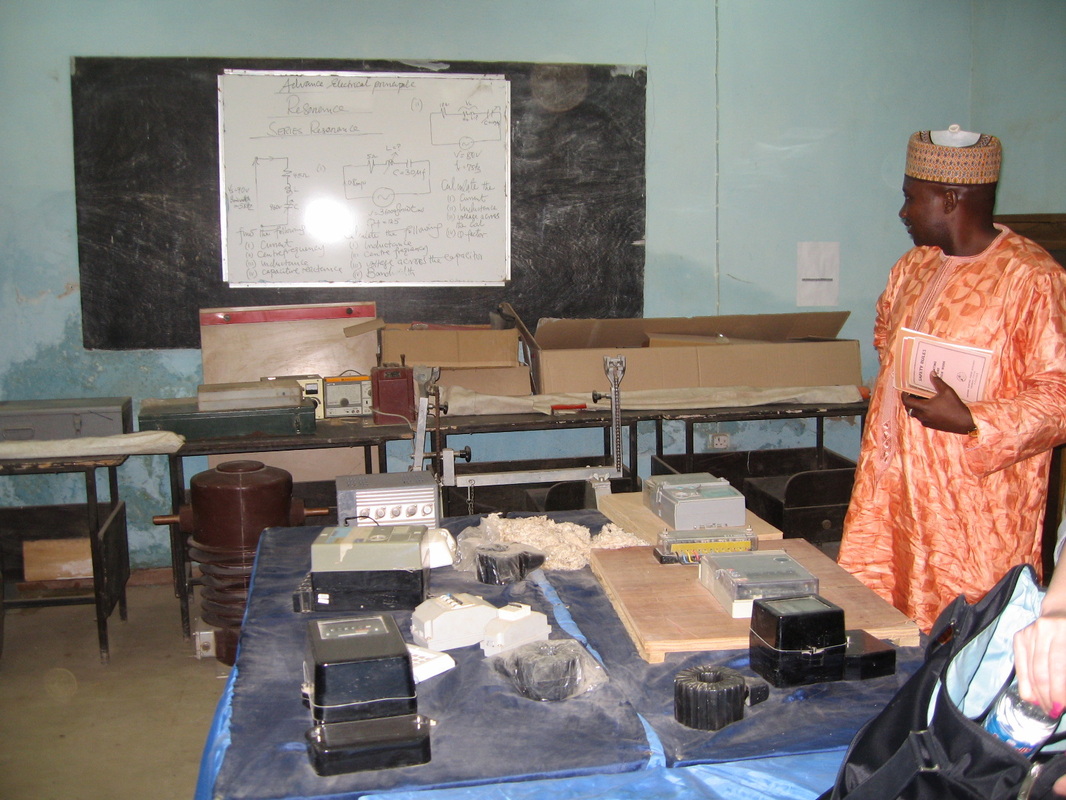
The Nigeria Infrastructure Advisory Facility (NIAF) goal is to increase access to improved, reliable and affordable infrastructure services in Nigeria. The purpose is to enhance the Government of Nigeria's capacity to better plan, finance and operate infrastructure delivery at the Federal and State levels. Towards this end, the program aims to deliver the following outputs:
NIAF was implemented by the prime contractor Adam Smith International (ASI) and funded by the Department for International Development (DIFD), United Kingdom. CORE International supported ASI from the period March 2008 – September 2010 providing short term consultants in a variety of technical areas including White Papers, Feasibility Studies, Business Planning Assistance, and Training and Capacity Building.
Background
Nigeria, the most populous country in Africa and an oil exporting country is also one of the poorest countries largely because of a lack of infrastructure and services beyond its major cities. In 2007, the Government of Nigeria embarked upon a major plan for infrastructure development, reforms, and plans for rural development and poverty alleviation. For the power and transportation sectors, the Government of Nigeria received a multi-year grant from the Department for International Development (DFID) of UK. The specific activities of CORE International included:
- the promotion of new models for infrastructure planning, financing, operation and maintenance that make greater use of private-sector resources;
- capacity building and training for Federal and State governments relating to planning and contracting out of infrastructure construction, maintenance and operation activities;
- technical assistance to federal and state government agencies, private companies and civil society bodies on the design and implementation of new ways to organize and finance infrastructure services; and
- as part of its annual reporting framework, reviews of progress on infrastructure development and its impact on broad-based economic growth.
NIAF was implemented by the prime contractor Adam Smith International (ASI) and funded by the Department for International Development (DIFD), United Kingdom. CORE International supported ASI from the period March 2008 – September 2010 providing short term consultants in a variety of technical areas including White Papers, Feasibility Studies, Business Planning Assistance, and Training and Capacity Building.
Background
Nigeria, the most populous country in Africa and an oil exporting country is also one of the poorest countries largely because of a lack of infrastructure and services beyond its major cities. In 2007, the Government of Nigeria embarked upon a major plan for infrastructure development, reforms, and plans for rural development and poverty alleviation. For the power and transportation sectors, the Government of Nigeria received a multi-year grant from the Department for International Development (DFID) of UK. The specific activities of CORE International included:
- Development of a plan for transitioning government-owned utilities to commercial companies resulting in the power sector unbundling to 4 generation companies, 1 transmission company, and 13 distribution companies
- Development of business plans and investment strategies for the unbundled companies and providing a series of training programs for business plan implementation and capacity building
- Development and implementation of a “Common and Shared Services Approach” for the 13 distribution companies to reduce their costs and improve customer service and quality
- Designed and implemented the “National Power Training Institute of Nigeria” (NAPTIN), a state-of-the art training and capacity building institution for power sector capacity building
- Designed and implemented a program to build the capacity of the newly-formed companies to improve customer service through the use of IT systems –such as Outage Management, SCADA, etc.
- Prepared performance contracts and business plans for the unbundled businesses overseen by the Power Holding Company of Nigeria (PHCN), which was established by the government to supervise the development of these entities.

